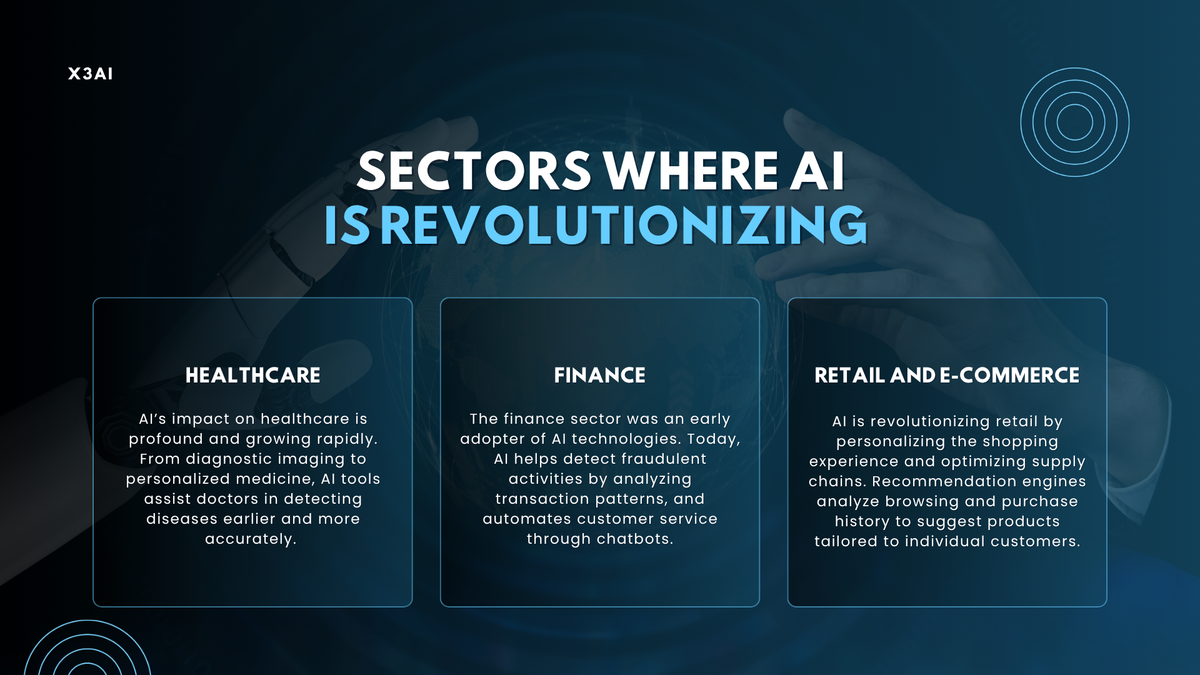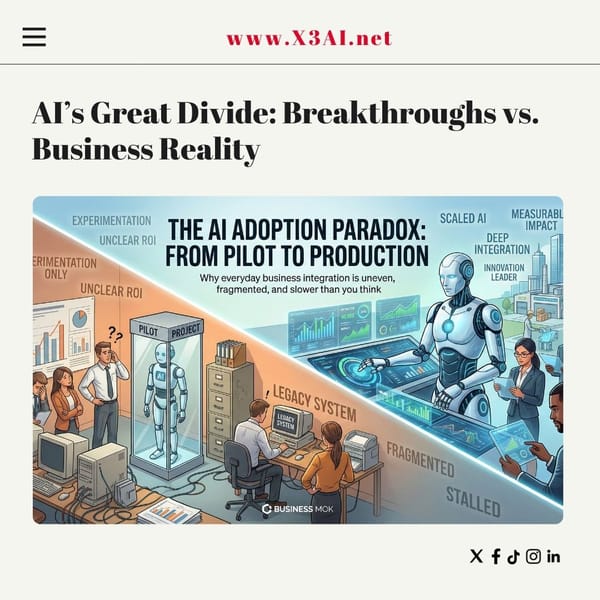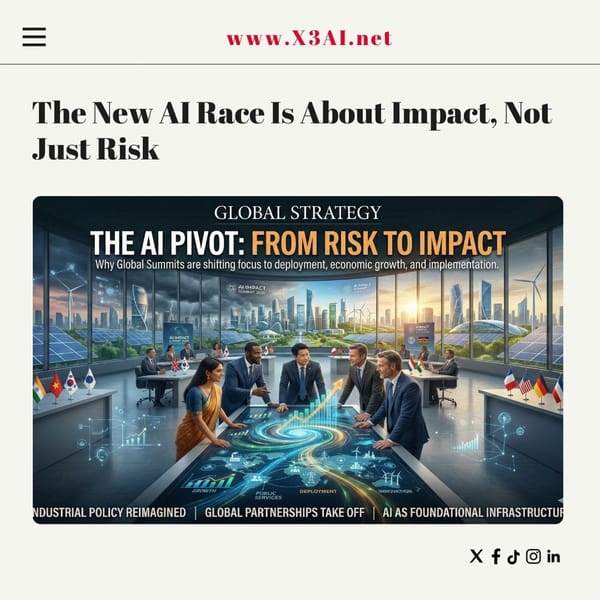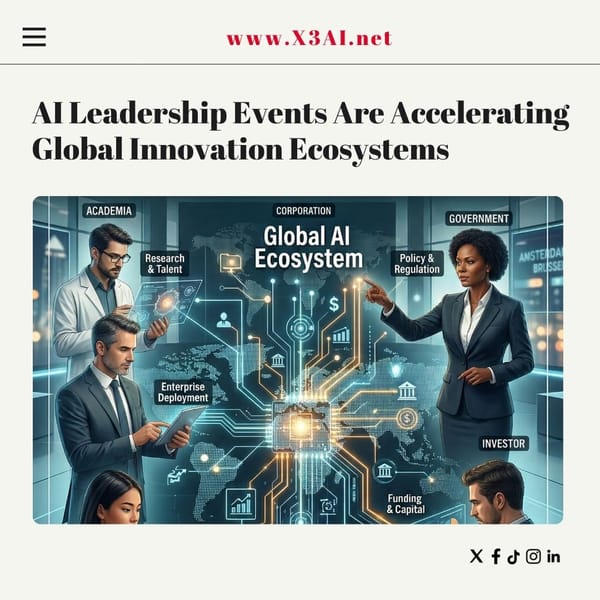Top Sectors Where AI Is Revolutionizing the Future

Top Sectors Where AI Is Revolutionizing the Future
Artificial Intelligence (AI) is no longer just a futuristic concept—it’s a transformative force already reshaping industries at an unprecedented pace. From personalized healthcare to predictive logistics, AI is not just enhancing processes; it’s fundamentally redefining how businesses and societies operate. Here are the top sectors where AI is revolutionizing the future:
1. Healthcare
AI is transforming healthcare through early diagnosis, personalized treatment, and operational efficiency. Algorithms can now detect diseases like cancer, diabetes, and Alzheimer’s earlier and more accurately than traditional methods. AI-powered tools such as chatbots, virtual nurses, and robotic surgery are improving patient outcomes and reducing workloads for healthcare professionals. Moreover, predictive analytics help hospitals manage resources and forecast patient admissions with remarkable precision.
Key Innovations:
- AI-assisted radiology and pathology
- Drug discovery with machine learning
- Virtual health assistants and telemedicine
2. Finance
In the financial sector, AI is driving automation, fraud detection, and personalized banking. Financial institutions are using AI to analyze massive datasets in real-time, spot anomalies, and make informed trading decisions. Robo-advisors are democratizing investment advice, while credit scoring models based on AI provide more accurate risk assessments than traditional methods.
Key Innovations:
- Fraud detection using pattern recognition
- Algorithmic trading
- AI-powered financial planning tools
3. Manufacturing
AI is at the heart of Industry 4.0, bringing intelligent automation and predictive maintenance to the manufacturing floor. Smart factories use AI-driven robotics and sensors to optimize production lines, reduce downtime, and improve quality control. Digital twins—virtual replicas of physical systems—enable real-time monitoring and simulation.
Key Innovations:
- Predictive maintenance using sensor data
- AI-guided robotics and automation
- Supply chain optimization with demand forecasting
4. Retail and E-commerce
AI is revolutionizing how consumers shop and how businesses operate. Retailers use AI to provide personalized shopping experiences, recommend products, and manage inventory efficiently. Computer vision enables cashier-less stores, while conversational AI powers customer service chatbots that operate 24/7.
Key Innovations:
- Personalized product recommendations
- AI-driven dynamic pricing
- Automated inventory and logistics management
5. Transportation and Logistics
AI is fueling the future of mobility, from autonomous vehicles to optimized logistics networks. Self-driving cars rely on AI to perceive their environment, make split-second decisions, and navigate safely. In logistics, AI helps companies reduce fuel consumption, optimize delivery routes, and predict maintenance needs.
Key Innovations:
- Autonomous driving systems
- Route optimization algorithms
- AI-enabled fleet management
6. Education
AI is reshaping education by personalizing learning experiences and improving accessibility. Adaptive learning platforms adjust content based on student performance, helping them learn at their own pace. AI tools also assist educators with grading, curriculum planning, and identifying learning gaps.
Key Innovations:
- Adaptive learning platforms
- AI tutors and virtual classrooms
- Predictive analytics to identify at-risk students
7. Agriculture
Precision agriculture uses AI to maximize yield and sustainability. AI-driven drones and sensors monitor crop health, soil quality, and water usage. Farmers use predictive analytics to determine the best time to plant, irrigate, or harvest, reducing waste and improving productivity.
Key Innovations:
- AI-powered crop monitoring
- Smart irrigation systems
- Yield prediction using satellite imagery
8. Cybersecurity
As cyber threats grow more sophisticated, AI is essential for real-time threat detection and response. Machine learning models can identify unusual network behavior, flag anomalies, and respond to breaches faster than traditional systems. AI is also helping secure critical infrastructure and data.
Key Innovations:
- Threat intelligence and anomaly detection
- Automated incident response
- AI-driven phishing protection
Conclusion
The integration of AI across industries is not just a trend—it’s a revolution. These technologies are improving efficiency, driving innovation, and solving complex problems that were previously beyond human capability. As AI continues to evolve, its influence will only grow, shaping a smarter, more responsive, and more connected future.




